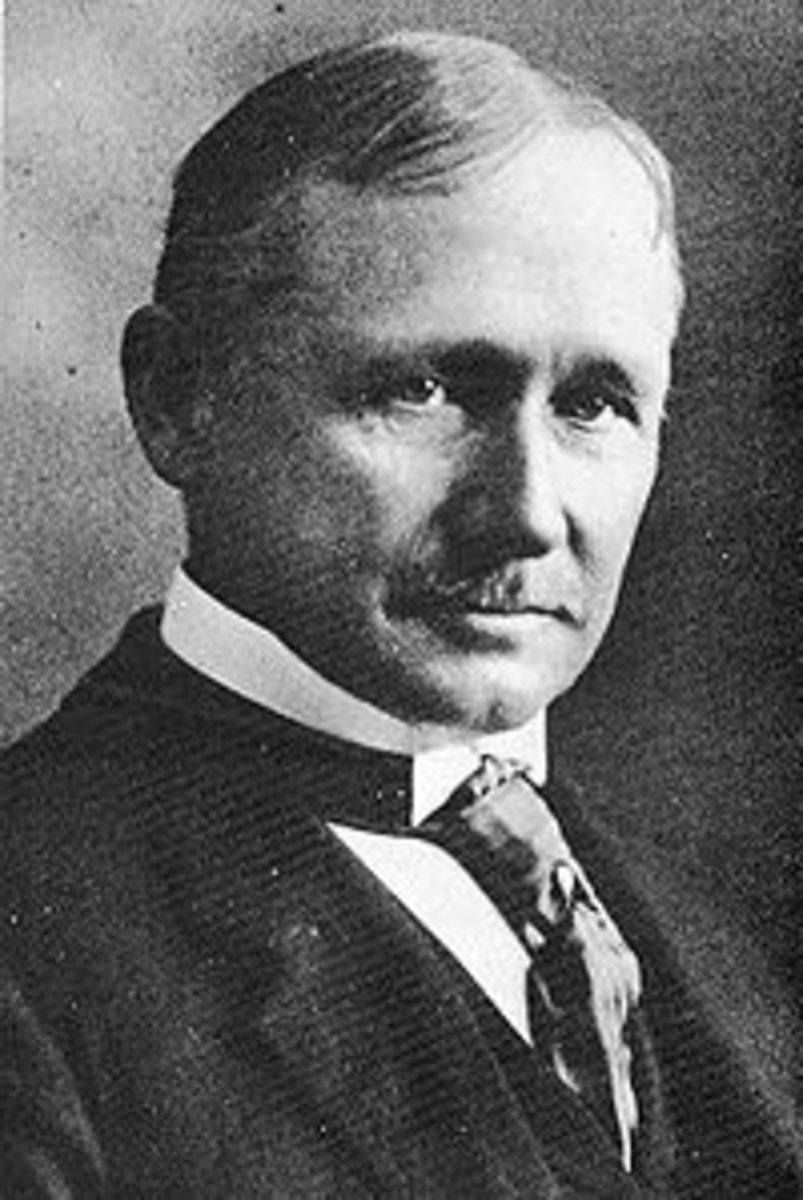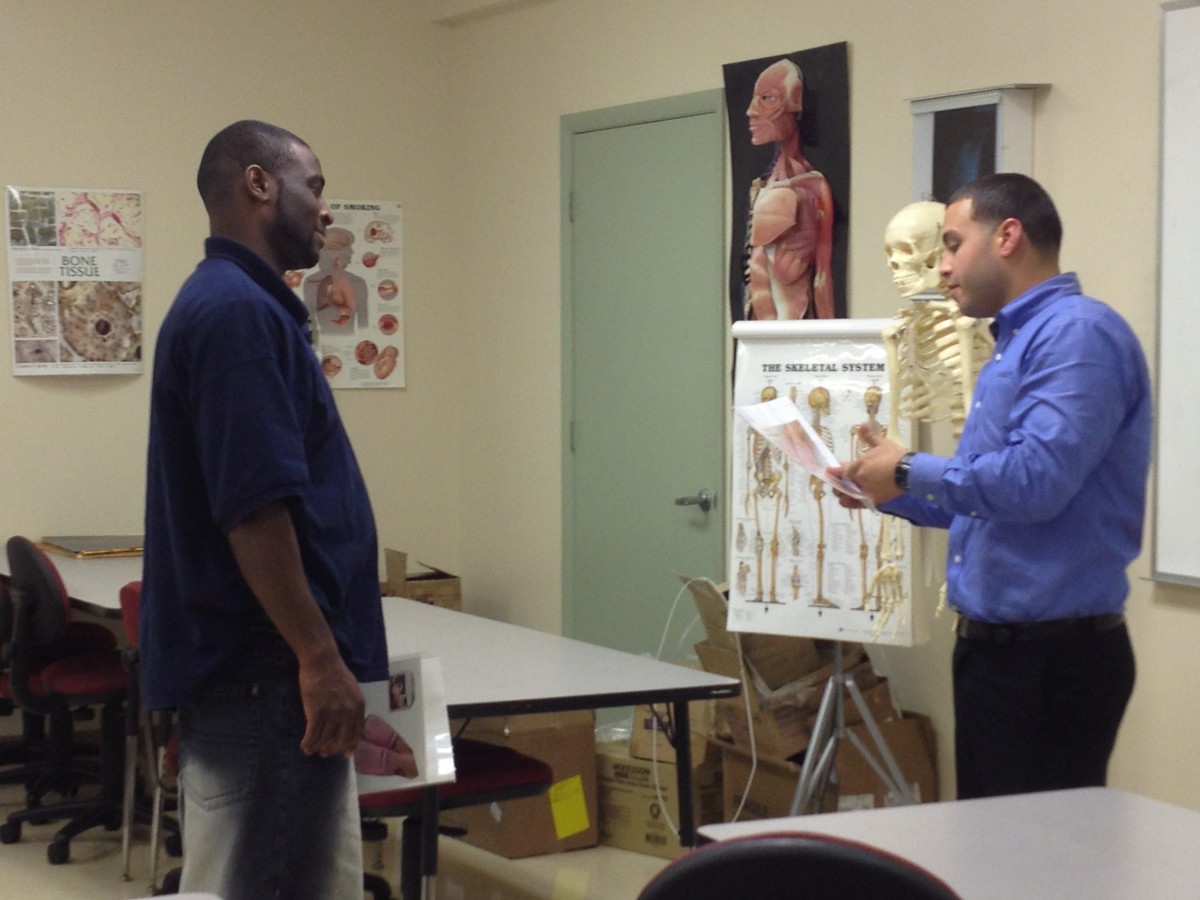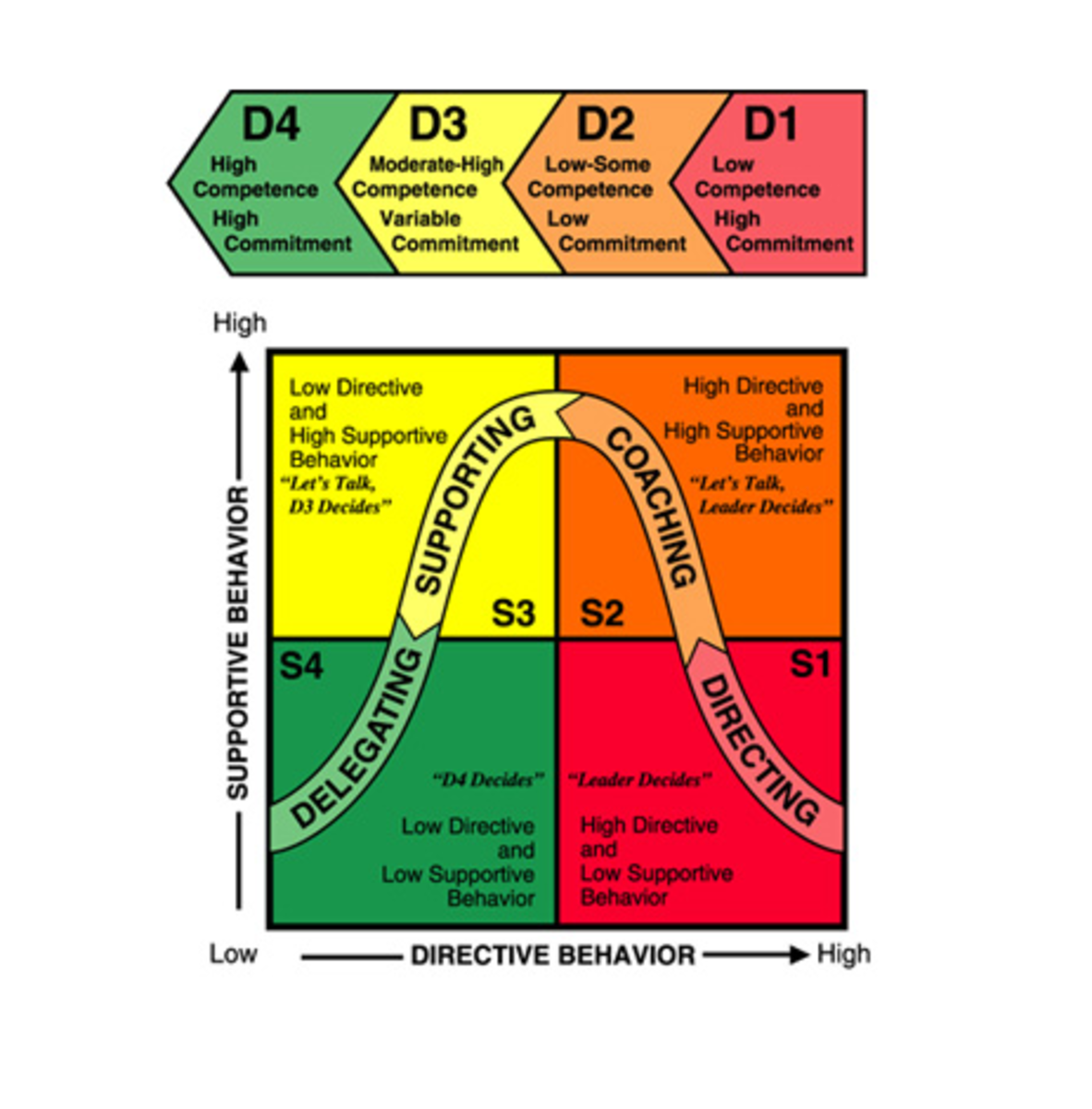Leadership Skills Training: Active, Effective Listening – Part 1

Communication is the exchange and flow of information and ideas from one person to another. Effective communication occurs only if the receiver understands the exact information or idea that the sender intends to transmit. Properly receiving the information involves listening.
Good leaders recognize the value of communication. Leaders are only as strong as the information they obtain. This comes from watching and listening. A good leader knows the value of listening.

Listening provides the information needed in order to make informed decisions. However, most leaders have never been taught how to listen effectively. In reality, leaders really only spend about half of their time listening; instead they talk. We were given one mouth and two ears. Hint! This means you were made to listen more than you were made to talk.
To be an excellent leader, one must be a strong communicator. This means focusing more on listening to others’ concerns rather than on what is to be said next. Don’t you know those people who you can tell are not listening, but rather are just thinking about how they will respond or what they want to say next? They are not listeners.

Developing listening skills involves taking the time to receive the information, making it a point to reflect on what has been communicated, showing patience and consideration, empathizing, and offering feedback when responding. It also involves being kind and not rushing to conclusions.
Speaking and Listening
Speaking
| Listening
|
|---|---|
People speak at 100-175 wpm
| People listen at 600-800 wpm
|
Mind Drift
Since only part of the mind is paying attention, you start thinking about other things when listening to someone.

Listening and Hearing
Listening skills should not be confused with hearing. The fastest and most effective way to show care and competence is to make sure followers feel that they are listened to, not just heard. If followers do not feel heard, they will not speak up and try to make things more efficient. The normal untrained listener is likely to understand and retain only 50% of a conversation.
After hearing someone speak, within 48 hours, 50% of that is forgotten. Therefore, only 25% of what was originally heard is retained. The reason for this may be due to the misconception that listening is related to hearing.
Listening is more than just the physical process of hearing. Hearing is the act of perceiving sound; it is involuntary and simply refers to the reception of aural stimuli. Listening is a selective activity which involves the reception and interpretation of aural stimuli. It involves decoding the sound into meaning.
Understand and Retain
| Within 48 Hours Forgotten
| Retained
|
|---|---|---|
50%
| 25%
| 25%
|
Additionally, listening is an intellectual and emotional process, where a leader searches for meaning. Effective listening does not come easily. All too often it is said that the words are heard, but the meaning is missed. Practicing active listening involves making a conscious effort to hear not only the words of the follower, but most importantly, to try to understand the total message being sent.

Active Listening
Being an “active” listener involves listening with a purpose in order to gain information, understand, solve problems, share interest, observe feelings, and show support. Active listening involves obtaining information in an empathetic manner.
Active listeners are not self absorbed. They attend to the words and feelings of the sender for understanding. Leaders should hear messages and understand their meaning. This involves providing feedback in some form.
Active listeners spend more time listening than talking, and they don’t try to finish the other person’s sentences. For a leader to be an active listener, he should not answer questions with questions. They don’t interrupt the sender’s message. They scan the sender for various non-verbal signals.
They analyze by looking all relevant information, and they ask open-ended questions. They stay on topic and even may take brief notes on what the speaker is saying. Passive listening is little more than hearing. There is little motivation to listen carefully. It’s almost just being polite.
Overly confident leaders may feel they already know the information being presented and not want to pay attention. They also may be too busy, having many other things on their mind or too many distractions.
Active listening takes time and energy. Even people who are skilled active listeners can’t do it all the time. Active listening works only if a leader genuinely accepts the other person’s ideas and feelings. Active listening can reduce the conflict that results from miscommunication.

The Benefits of Listening
Clearly, listening involves more than just hearing what is said, and active listening is the best way for a leader to accomplish his goals. Listening takes much more skill and practice. There are many reasons why it is important as a leader to improve this skill. Listening is the best way to improve one’s leadership. The more effectively one listens, the more one learns. Productivity and work quality improve when leadership becomes more influential.
When a leader is willing to listen to others, it shows followers that they don’t have to be afraid to come to the leader with any questions, comments, or concerns. With listening, the leader can discover new things and make better decisions. Complete information is a luxury and not something a leader usually has.
Leaders get a greater range of points of view and ideas which assist with making the best decision possible with the information available. Also with listening, employee information is discovered. People tend to say much more than they even anticipated they would when they have the ear of someone senior in the organization. They see it as a golden opportunity to get their issues on the table.
Leaders have the opportunity to get below the surface and see what is really going on in the business. Opportunities can be discovered through listening.

Leaders and followers can build quality relationships through listening. Leaders can grow their referent power through this type of interpersonal relationship and earn respect by showing they have the patience to listen. Leaders should listen, because they can learn any problems, concerns, questions, or comments from their followers that will ultimately lead them to be better leaders.
Leaders can increase their effectiveness and efficiency by using the ideas they learn from their followers. They can also prevent their followers from sitting idle, waiting on help before they can continue working if they are stuck on something. Listening for hidden agendas, motives, feelings, attitudes, and problems can help the work environment grow.
While it’s not the leader’s job to play “shrink,” often letting a follower get personal information out allows that person to feel comfortable enough to open up about business related subjects that they normally would be reserved about. An open door policy, where the leader listens to whomever comes in, is welcoming to followers.
Listening reduces tension, builds teamwork and trust, and it provides a sense of belonging to the group. The time, effort, and money saved by effectively listening can be the difference between failure and success.
Leaders who do not listen are often clueless to what is going on with their followers, make followers feel unimportant, make followers feel as though in the future they should avoid bringing issues up, can cause discord amongst employees as they have to turn to each other instead, can cause rumors or gossip to start, and could blindside the leader when new policies and procedures occur that the leader was unaware of. Leaders who don’t listen may not be prepared for change.
Part 2 Contains
- Non-verbal Communication
- Paying Attention
- Reflecting
- Attitude
- Responding
- Following up and Summarizing
Part 2 - Non Verbal Communication
- Leadership Skills Training: Active, Effective Listening; Part 2
There is more to listening than hearing the words that come out of your employees' mouths. When conversations take place, non-verbal cues may be the key.








